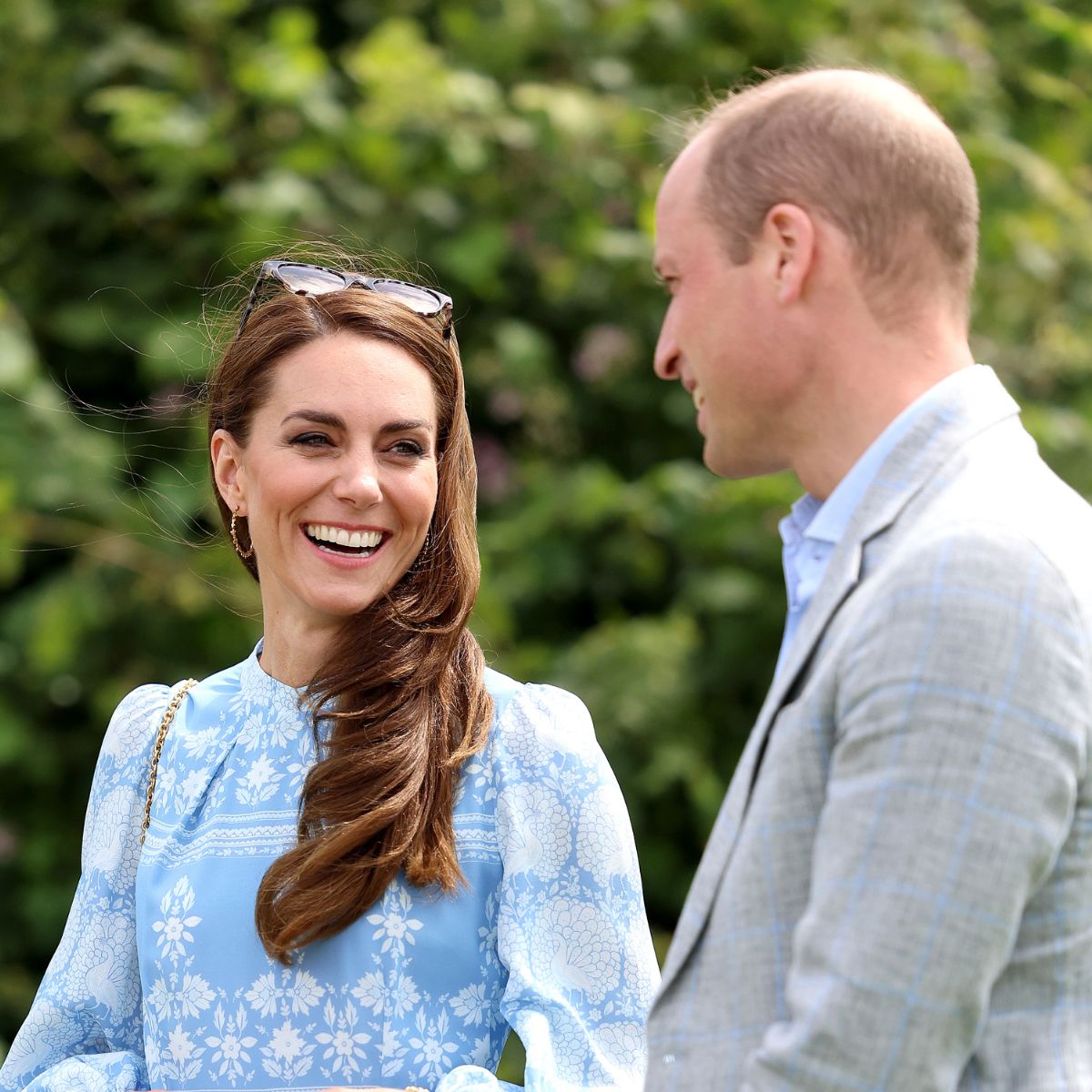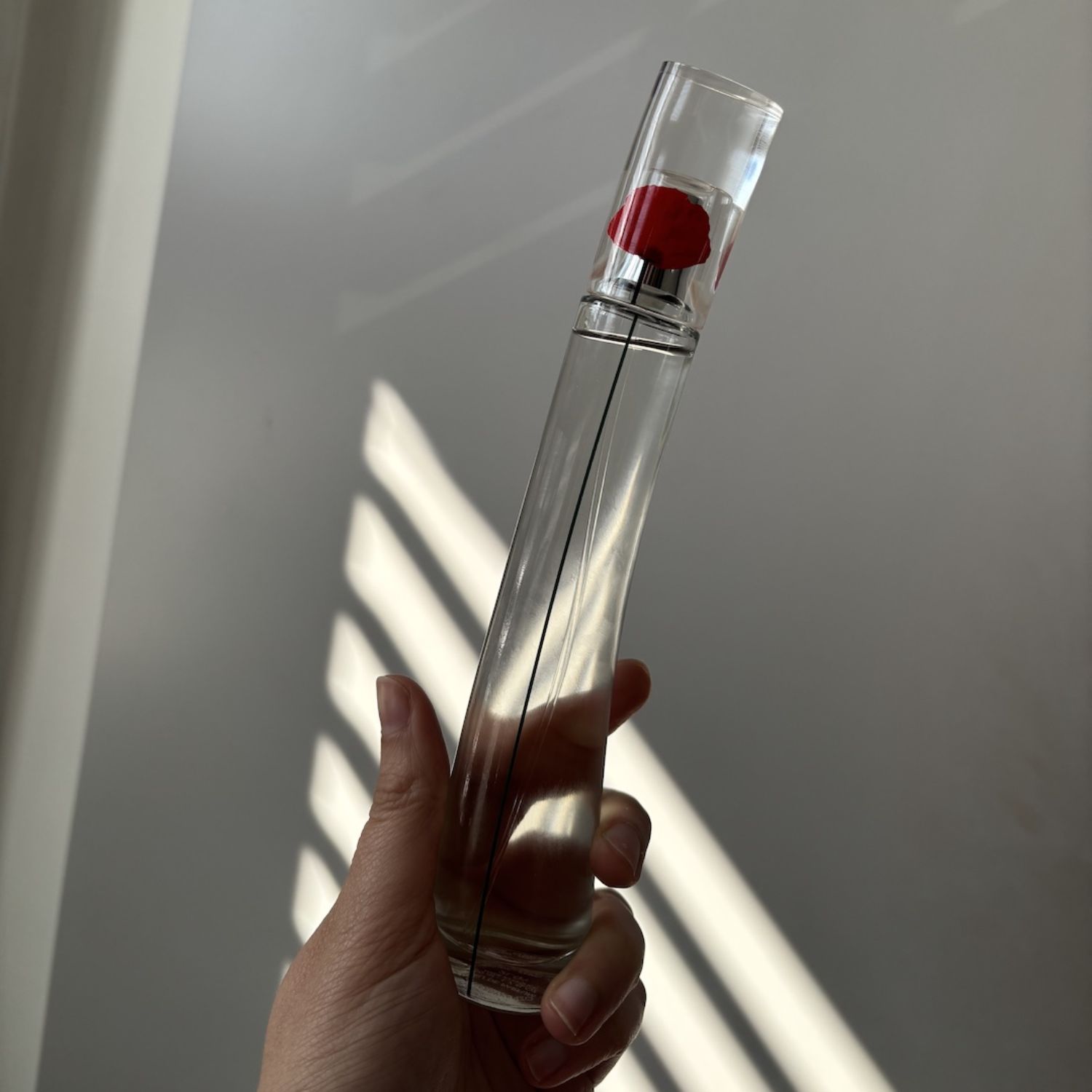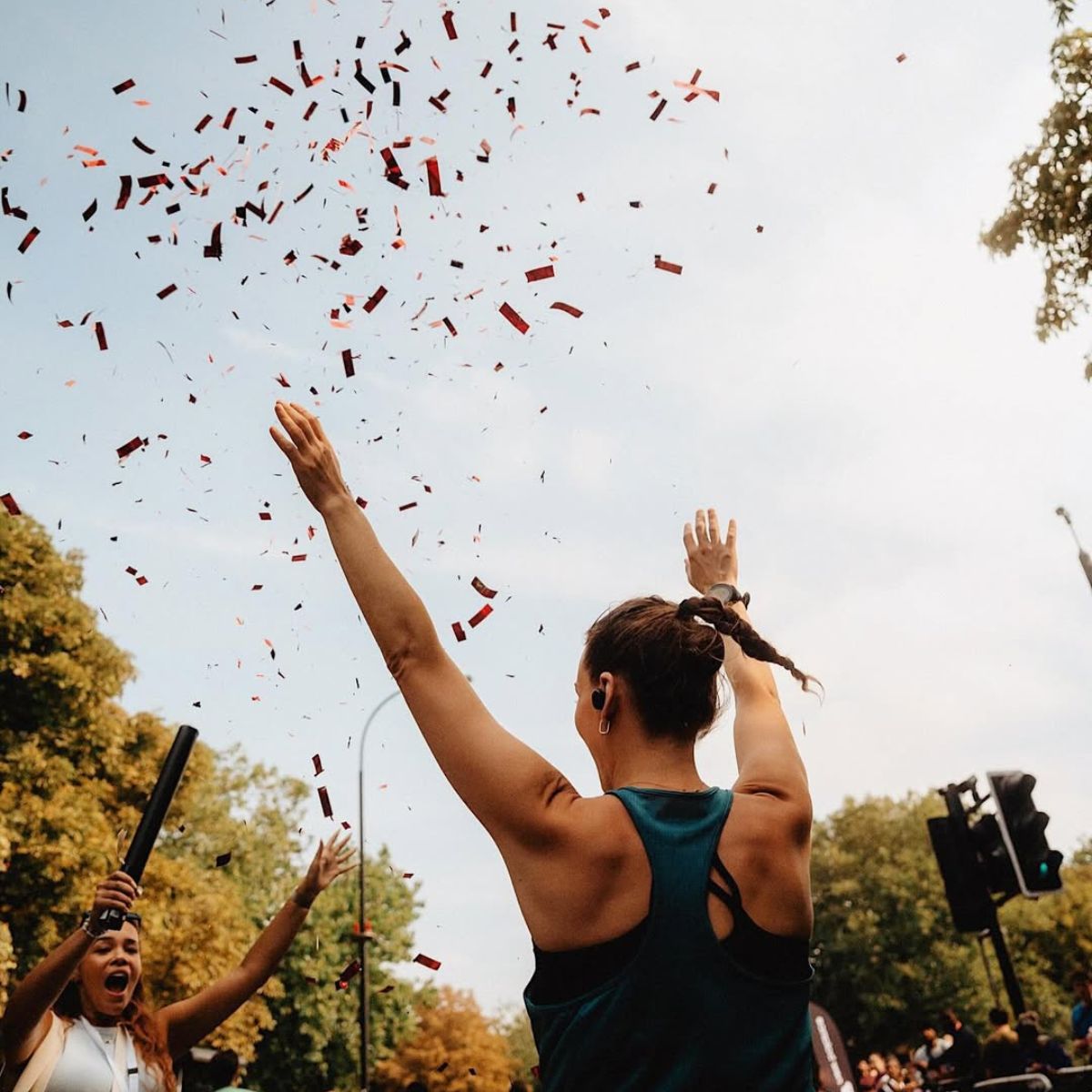Sexual assault claims are being 'gagged' by UK universities
Universities are allegedly using non-disclosure agreements to stop students from going public with complaints of sexual violence

Universities are allegedly using non-disclosure agreements to stop students from going public with complaints of sexual violence
Words by Sophie Winfield
Nearly a third of UK universities have used non-disclosure agreements to prevent students from speaking out about their experiences of sexual assault, bullying, or poor disability support, a BBC investigation has found.
Research by the BBC podcast, The Next Episode, found that since 2016, as many as 300 students have signed NDAs after making a formal complaint. It was discovered that more than £1.3 million has been paid out to students in an effort to keep the claims under wraps, with individual payouts ranging from £250 to £40,000. It was also found, however, that not all students who signed NDAs received compensation.
The research, discussed in the 'Gagged By My Uni' instalment of The Next Episode podcast, set out to explore just how common the use of NDAs within universities are.
Several students are now anonymously sharing their stories, with one young woman claiming in the podcast that her university not only refused to investigate her sexual assault claim, but also made her sign an agreement citing that she would be 'expelled' if she were to talk or post publicly about her allegations.
The student said that she signed the statement because she was afraid for her safety, as it included an agreement that prevented her attacker from contacting her. The student spoke of how she was not offered any money or given legal advice before signing the NDA.
Marie Claire Newsletter
Celebrity news, beauty, fashion advice, and fascinating features, delivered straight to your inbox!
Originally designed to protect business secrets, NDAs are now widely used to stop people talking about a wide range of issues, with the Guardian recently describing them as being increasingly used to 'prevent the speeding of anything likely to damage an organisations reputation.'
Georgina Calvert-Lee, a lawyer specialising in sexual assault cases, told the BBC that most uses of NDAs on students with these types of allegations were 'unethical' and are likely to be unenforceable in the eyes of the law.
The government said in a recent statement that 'harassment of any sort is abhorrent and higher education providers have a responsibility to ensure they provide a safe and inclusive environment'.
The leading destination for fashion, beauty, shopping and finger-on-the-pulse views on the latest issues. Marie Claire's travel content helps you delight in discovering new destinations around the globe, offering a unique – and sometimes unchartered – travel experience. From new hotel openings to the destinations tipped to take over our travel calendars, this iconic name has it covered.
-
 Princess Kate has started a new tradition with Prince Louis’ birthday portrait
Princess Kate has started a new tradition with Prince Louis’ birthday portraitBy Jenny Proudfoot
-
 As a perfume-obsessed beauty editor, I can’t believe it’s taken me 25 years to try this classic Y2K scent
As a perfume-obsessed beauty editor, I can’t believe it’s taken me 25 years to try this classic Y2K scentIt was worth the wait
By Mica Ricketts
-
 I'm a 9x marathoner who likes looking and feeling their best. Enter: the functional but fashionable race day outfits I swear by
I'm a 9x marathoner who likes looking and feeling their best. Enter: the functional but fashionable race day outfits I swear byThese outfit formulas almost guarantee you a PB.
By Ally Head